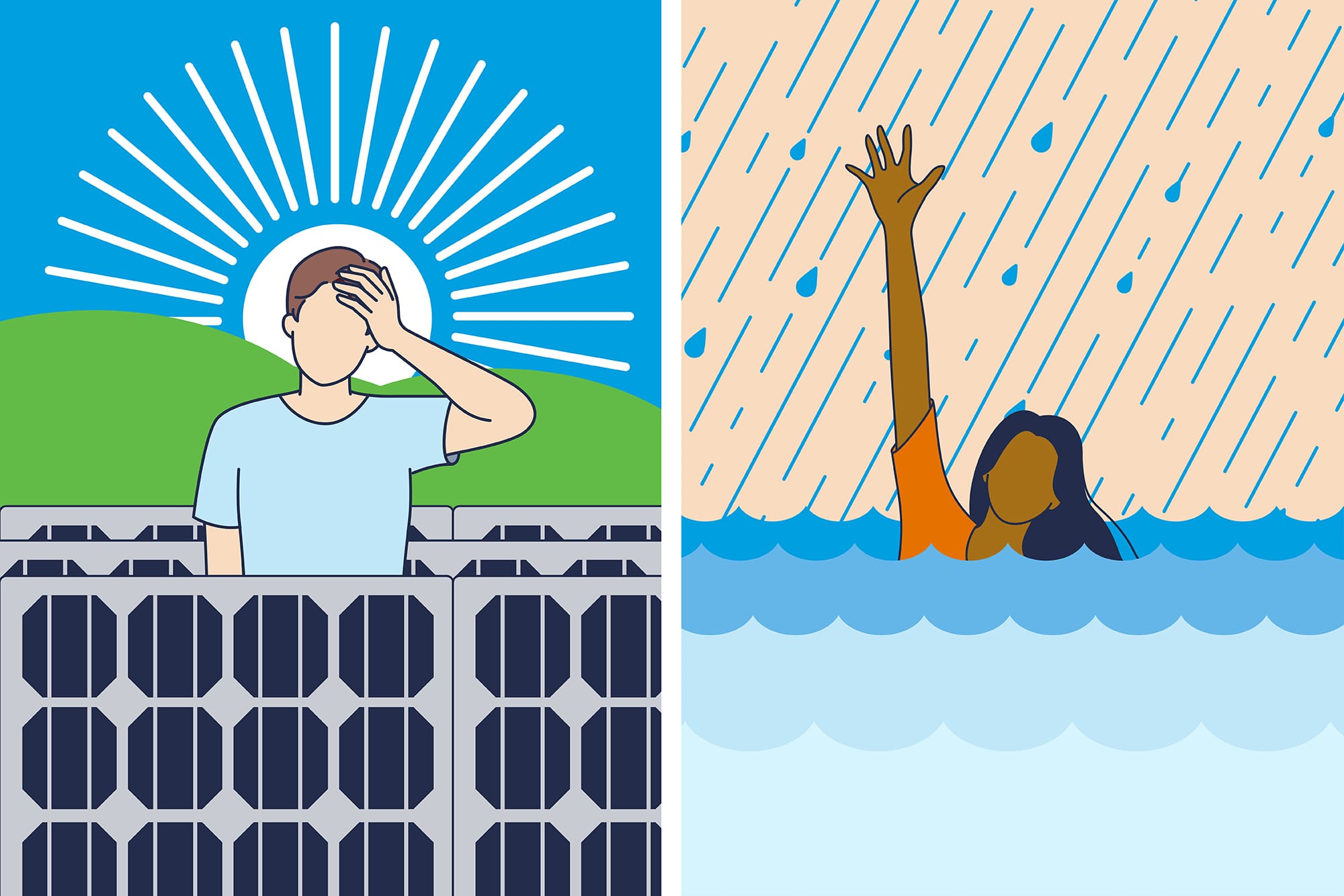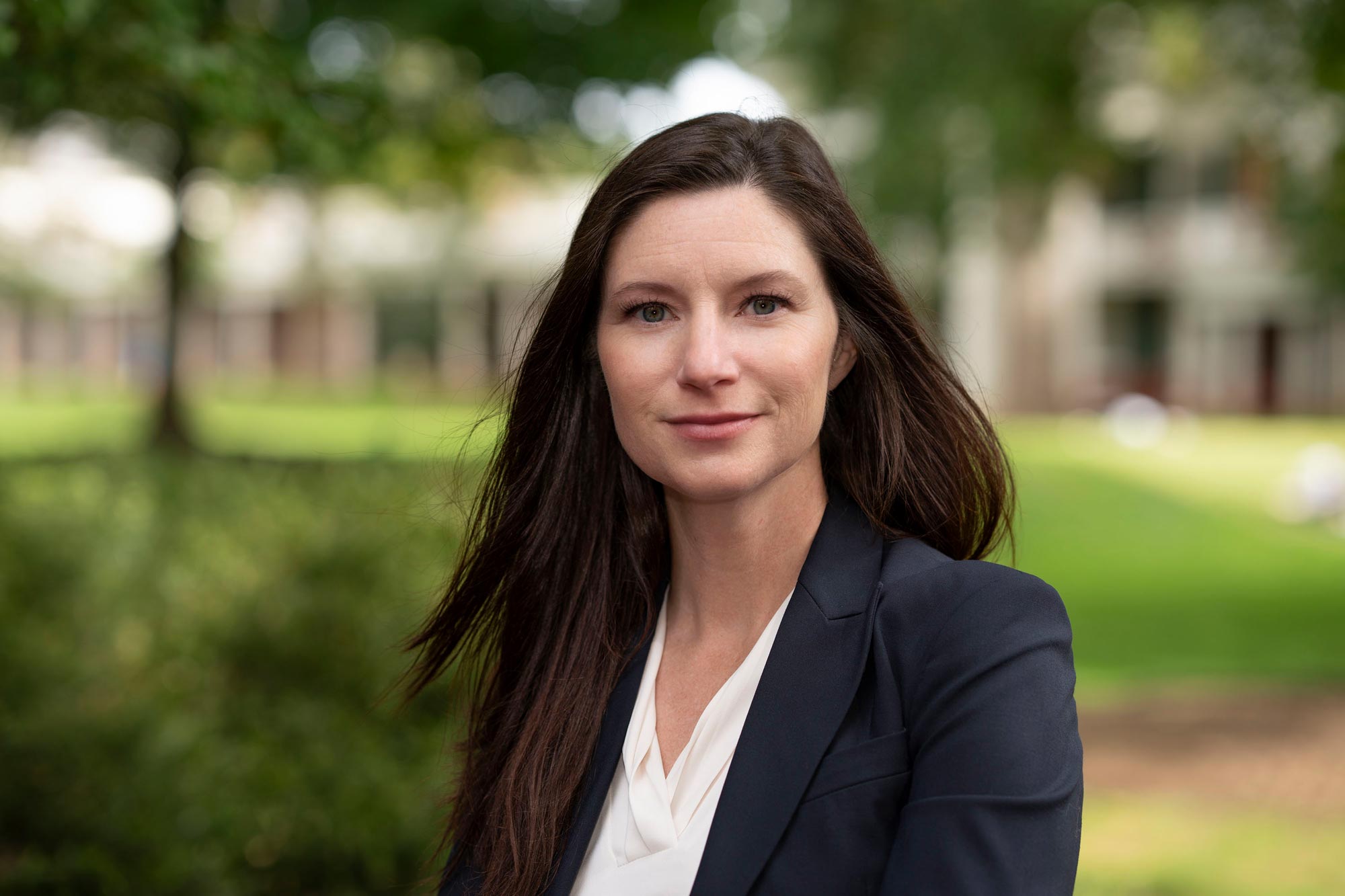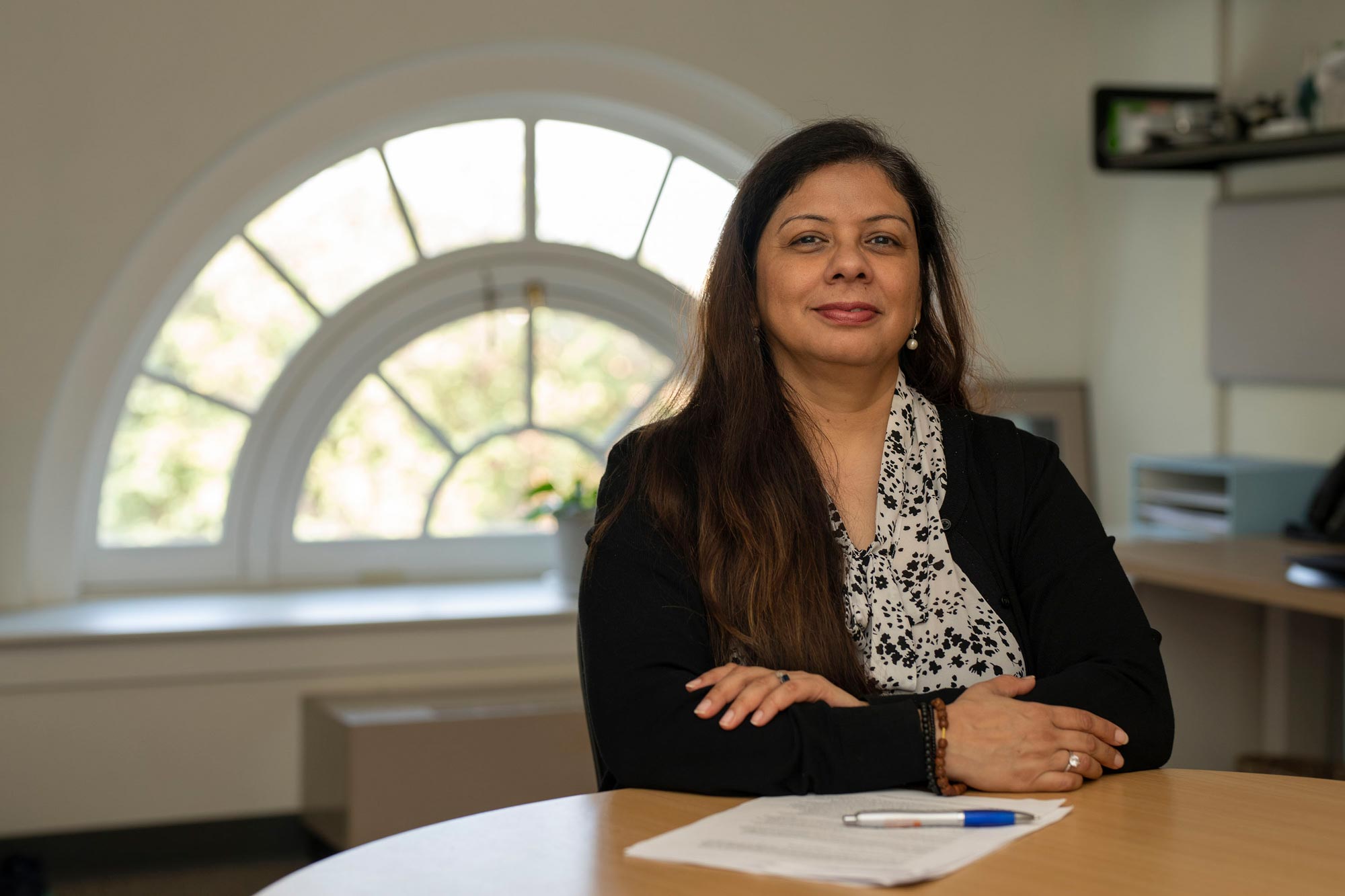In places like Russell County, tucked into the tip of Virginia’s southwest corner, the region is trying to map a future that isn’t reliant on fossil fuels. County leaders, with federal help, are reclaiming abandoned coal mines and other areas littered with coal detritus to create an industrial development site. And they are also working with the Environmental Institute to explore how a clean-energy revolution could bolster the region’s economy, improve the health of its residents and position Appalachia for a sustainable future.
“I understand the importance of building community resilience,” said Lou Wallace, co-founder of the community nonprofit St. Paul Tomorrow and the chair of the Russell County Board of Supervisors. “We are excited about this project and look forward to engaging with all of the strategic partners involved in this initiative.”
Shannon R. Blevins, vice chancellor at the University of Virginia’s College at Wise, said places like Russell County could be on the cusp of a complete reimagining.
“The communities of Southwest Virginia have tremendous potential and opportunities ahead of them,” she said. “We look forward to working with community leaders and strategic partners to design strategies to build resiliency and address complex challenges that threaten the vibrancy of our communities.”
In India, the problem isn’t a flagging fossil fuel economy, but increasingly damaging flooding made worse by a changing climate. Yearly monsoon-season flooding in the Bihar area has grown increasingly dire. Rivers that overrun their banks routinely inundate hand pumps or contaminate drinking water.
Women there bear the brunt of the problem because they are the ones most often tasked with taking care of families and seeking aid after natural disasters. And because women are the most affected, they have an incentive to spearhead change, UVA researchers say. Bolstering the authority of women elected to office in the flood-ravaged region could lead to better outcomes, like moving drinking-water wells out of flood zones.
But many of the region’s elected women lack confidence in their voices, and their tone and pitch is not assertive, according to UVA professor Sheetal Sekhri. With the help of the UVA’s Department of Music, UVA researchers will see if voice training, along with a host of other supports, will help women more effectively advocate for their communities’ needs.







